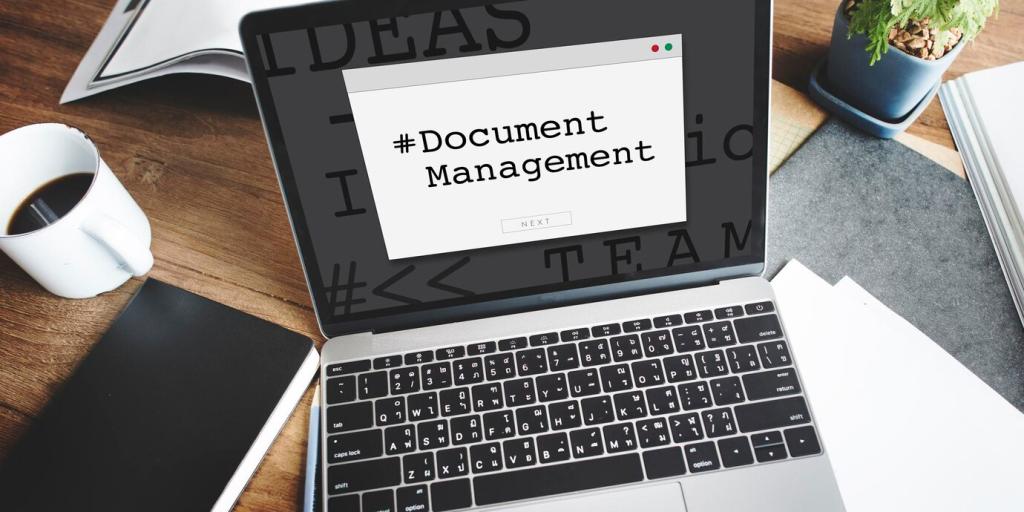Start Strong: Choosing Assets for a Beginner Investment Portfolio
Chosen theme: Choosing Assets for a Beginner Investment Portfolio. Begin with clarity, calm, and confidence as you pick your first mix of assets that fit your goals, timeline, and temperament.
Risk is not just a number; it is the knot in your stomach when markets fall. Picture a 20% drop and ask whether you could hold your beginner portfolio steady without panic or regret.
Know Yourself: Risk, Goals, and Starting Point
If you need cash in two years, that money does not belong in stocks. Match asset choices to when you will use the funds, so short-term goals stay safe and long-term goals can grow.
Know Yourself: Risk, Goals, and Starting Point
Core Building Blocks: Cash, Bonds, and Stocks
Cash as Your Stability Anchor
Emergency funds and short-term goals belong in high-yield savings or money market funds. Cash steadies your nerves, reduces forced selling, and lets you buy confidently when markets wobble.
Bonds for Smoother Rides
Government and high-quality corporate bonds can soften stock swings. For beginners, a broad, low-cost bond index fund keeps costs low, income steady, and diversification straightforward across maturities.
Stocks for Long-Term Growth
Equities drive compounding over decades. A total market index fund gives instant diversification across sectors and company sizes, making your early asset choice simple, powerful, and hard to outguess.
Diversification Without the Noise
Avoid Concentration Risk Early
New investors often overbet a favorite company or sector. Instead, choose broad funds that reduce single-point failure. Diversification is humility in action, protecting beginner portfolios from avoidable surprises.
Low-Cost Index Funds as a Default
Costs compound as relentlessly as returns. Favor index ETFs or mutual funds with low expense ratios, transparent strategies, and long records, so fees do not quietly siphon your long-term growth.
The Simple Three-Fund Start
Consider a total US stock fund, a total international stock fund, and a total bond fund. Rebalance annually, stay automated, and focus your energy on saving more, not chasing headlines or fads.

Home vs. World: Deciding Your Geographic Mix
Many beginners overweight local stocks because they feel familiar. Yet global markets broaden opportunity, reduce country risk, and give exposure to growth stories you will not see in one economy.
Home vs. World: Deciding Your Geographic Mix
International funds add currency effects. Over long horizons, this can diversify returns. Aim for simplicity: a broad international fund pairs well with domestic holdings without constant tinkering or speculation.
Home vs. World: Deciding Your Geographic Mix
A common beginner split is 60% domestic stocks, 30% international stocks, 10% bonds for aggressive profiles. Adjust bonds upward if volatility scares you, and document your reasons to stay disciplined.



Behavior Rules: Automate, Rebalance, Repeat
01
Automate Contributions and Investing
Set automatic transfers on payday. Dollar-cost averaging reduces decision fatigue and keeps you buying through market dips, turning volatility into opportunity rather than anxiety or paralyzing fear.
02
Rebalancing Bands and Frequency
Choose an annual rebalance date or band thresholds, like 5%. Rebalancing enforces buy-low, sell-high behavior across assets, keeping your chosen mix intact as markets drift throughout the year.
03
Tax Wrappers and Account Placement
Place bond funds in tax-advantaged accounts where possible, and keep broad stock index funds in taxable for efficiency. A little placement planning helps beginners keep more of their earned returns.

From Savings-Only to a Simple Mix
Ava saved diligently but feared losses. She chose 70% total stock, 20% total international, 10% total bond. Automations set, checklist printed, she finally felt relief and renewed momentum.

Facing the First Market Dip
Two months later, stocks fell sharply. Ava reread her one-page plan, held steady, and even rebalanced. Her courage grew not from luck, but from a thoughtfully chosen beginner portfolio aligned to goals.

Your Turn: Share and Subscribe
What mix fits your timeline and stress level? Share your starter allocation in the comments, ask questions freely, and subscribe for weekly prompts that keep your asset choices simple and steady.
